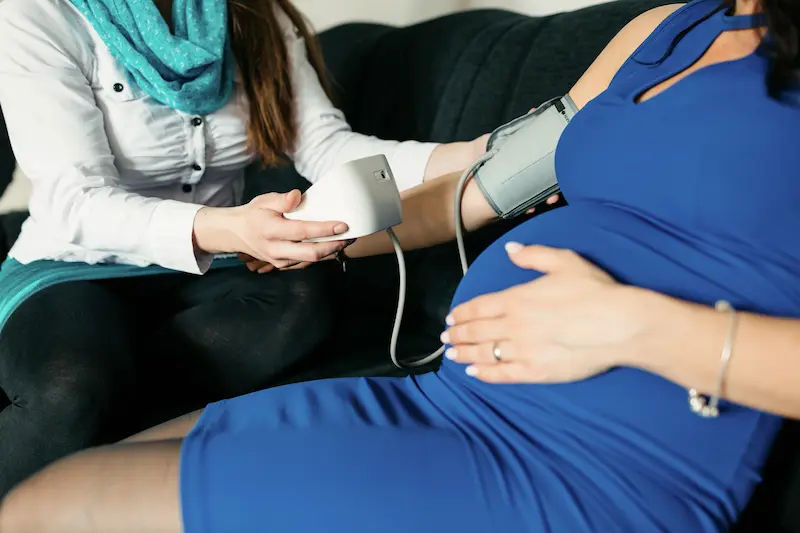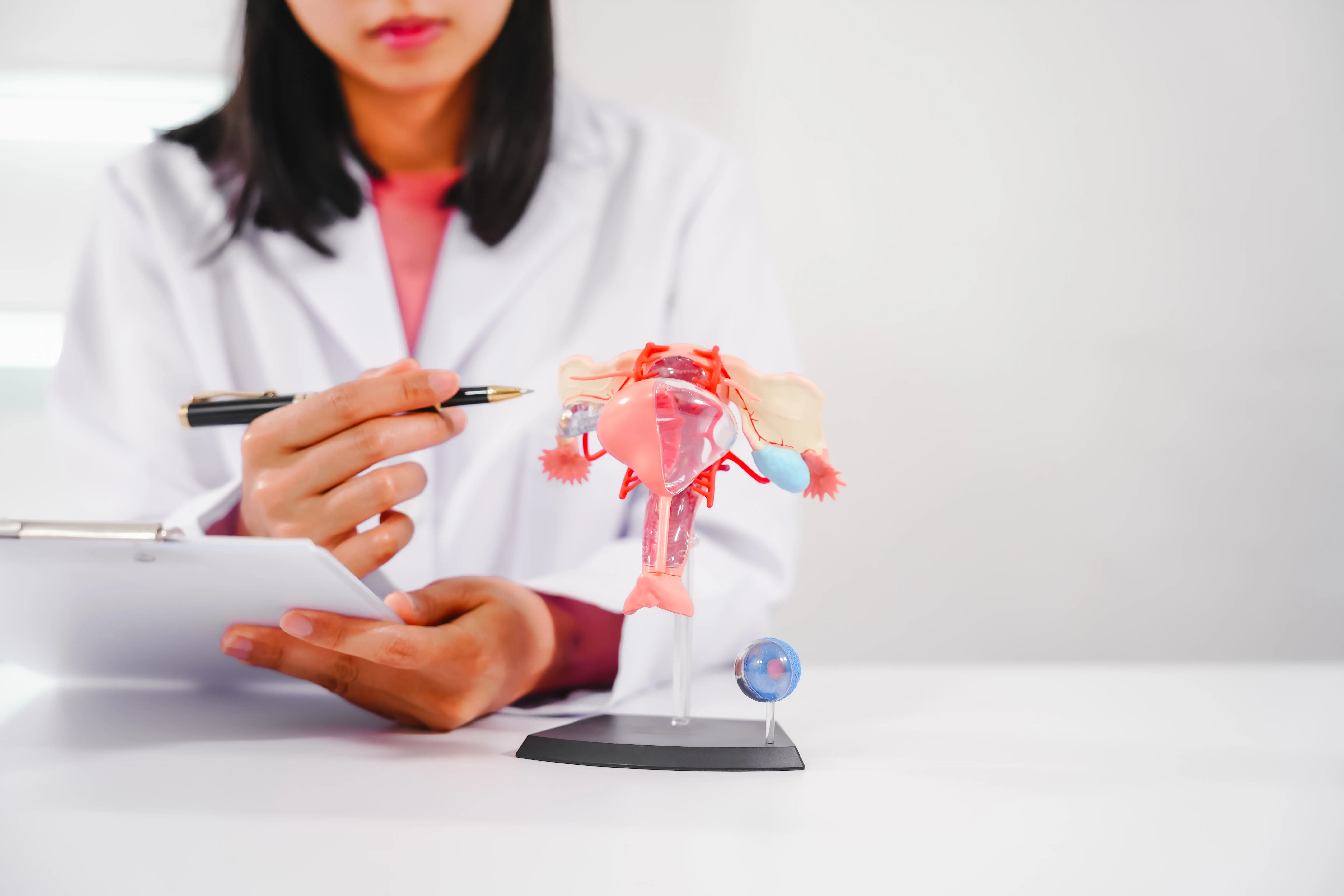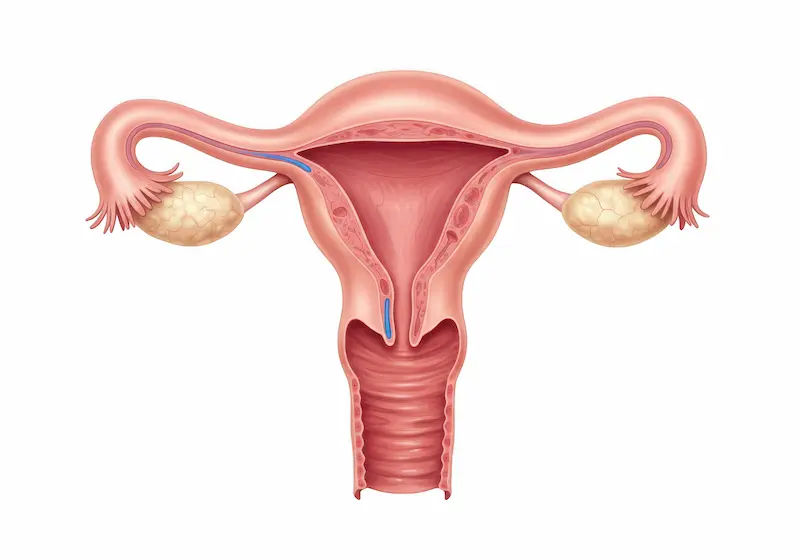- Female
- 28 Years
- 29/01/2025
I'm in a bit of a dilemma here. I had a cerclage done at 20 weeks, and now I'm thinking about heading back to my hometown. The doctor mentioned it might be okay to travel after 28 weeks, but I'm still feeling unsure. I'm considering a long car trip of about 45 hours sometime during my 28th to 32nd week. Do you think that's safe?
Answered by 1 Apollo Doctors
Traveling between 28-32 weeks is generally considered safe for most women, but since you have a cervical cerclage, its important to discuss this in detail with your healthcare provider. If your doctor gives you the go-ahead and you are feeling well, taking necessary precautions during travel (frequent breaks, hydration, proper seatbelt use) should be fine. Avoid traveling if you're experiencing complications, and always have a backup plan for medical assistance.
Dr. Dr Khaleel Suggests...
Consult a Obstetrician and Gynaecologist
Answered 04/07/2025
0
0

More Obstetrics & Gynaecology Health Queries
View allMy mom has two fibroids in her uterus and had a biopsy six months ago, but her uterus still hasn't healed. The doctor is recommending surgery to remove her uterus what should we do? Is there any other option or way to help her heal without surgery?
please upload the reports
Answered by 1 Apollo Doctors
I'm a bit anxious about my pregnancy because I had a miscarriage back in February. Now my doctor has suggested taking Susten SR 400 mg in the early stages of this pregnancy. I'm already taking Folvec, Ecosprin 75, and some vitamins. Is it really safe to take this high dosage of Susten SR right now?
Susten SR 400 mg is a high dose of progesterone, typically recommended for women with a history of miscarriage or preterm labor, and while it's generally considered safe, it's essential to follow your doctor's guidance and monitoring, especially when combined with other medications like Folvac, Ecosprin 75, and vitamins, to minimize potential risks and ensure a healthy pregnancy
Answered by 1 Apollo Doctors
I'm really worried because I missed my period for about 45 days, and now I'm feeling stomach pain and noticing some light spotting. Could this be a sign of implantation, or is it more likely related to my period? Plus, my lower abdomen is really hurting. I'd love some guidance on what might be going on.
if it is due to implantation the retained produts are still in uterus so do usg
Answered by 1 Apollo Doctors
Disclaimer: Answers on Apollo 247 are not intended to replace your doctor advice. Always seek help of a professional doctor in case of an medical emergency or ailment.





